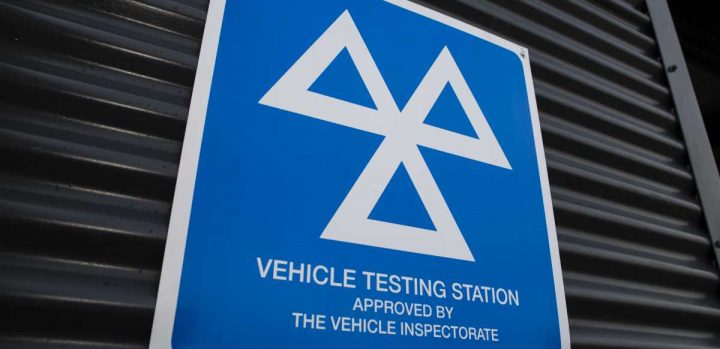The Independent Garage Association warned the Government that reducing the frequency of MOT tests to cut costs for households is a dangerous plan that would increase costs for motorists long-term.
This follows headlines that Transport Secretary Grant Shapps suggested relaxing the frequency of MOTs to every two years, rather than one, to ease the cost of living crisis.
Stuart James, IGA Chief Executive said, “In our opinion this whole plan is dangerous, unwanted and unreasonable. This proposal has been scrutinised at least four times that I have known of in the last 15 years, and every time it has been deemed detrimental to road safety.
“It is a fact that in times of economic hardship, motorists cut back on servicing their cars and it is the annual MOT that has kept the UK’s road safety at high levels thanks to the vital safety checks it carries out. Saving the cost of an MOT biannually is not worth the price of national road safety.
“This proposal will also fail to save motorists any money long-term as defects will go unnoticed for longer, which at best will cause more damage to vehicles and increase repair costs, and at worst cause unnecessary breakdowns and accidents.”
The IGA will be writing to the Transport Minister to make its position clear and explain how none of the dangers and risks have changed since previous proposals to reduce the frequency of the MOT test.
The IGA was supported by the National Franchised Dealers Association.
“The proposal to reduce the frequency of MOT testing is ill-thought-out and unsafe”, said Sue Robinson, Chief Executive of the NFDA, which represents franchised vehicle dealers in the UK.
The NFDA has encouraged the Government to ‘reconsider’ Transport Secretary Grant Shapps’ rumoured proposal to move to biennial MOT testing.
RAC head of policy Nicholas Lyes added, “The purpose of an MOT is to ensure vehicles meet a basic level of safety for driving on our roads. Shifting it from annually to every two years would see a dramatic increase in the number of unroadworthy vehicles and could make our roads far less safe.”


